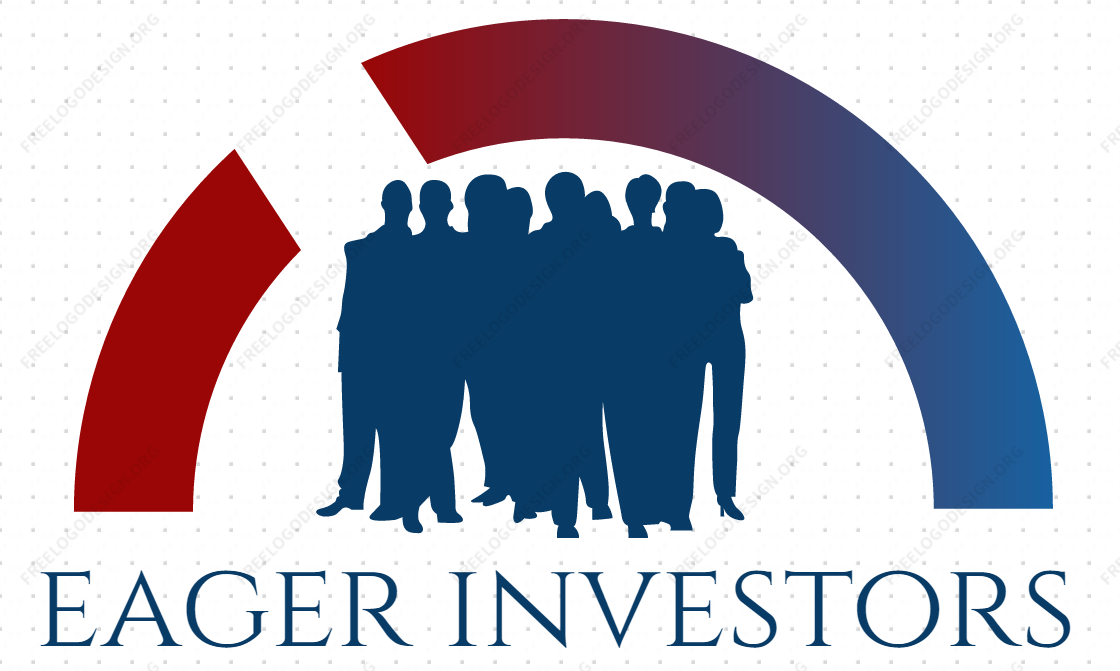What types of financial markets exist in the world? The fact that you are asking that question, indicates to me that you a curious about the potential that the financial markets offer to you as an investor. At Eager Investors, we believe there are 4 major financial markets or asset classes that exist in the world of investing. These include: stocks, options, FOREX and futures. Read on for a description of each.

Stocks: Stock trading or investing in the stock market is something that most Americans understand on a very basic level. A stock is a type of security that signifies ownership in a corporation and represents a claim on part of the corporation's assets and earnings. Public companies are traded on the various American stock exchanges. Many (ignorant) investors make decisions on buying or selling stocks based on how they think that particular company is going to perform in the near term. Stock market basics tell us that we should look for a strong company, with good management, in a growth industry—these are called “fundamentals”. The problem with the fundamental approach is that by the time a company flashes positive signals for all these qualities, its price has already increased to reflect a positive view from the market. Its further upside potential may be limited making it actually risky, rather than a “blue chip” stock to invest in.
Options: Options are a type of derivative security, meaning that they are “derived” from another asset class (in most cases stocks). Specifically, options are contracts that grant the right, but not the obligation to buy or sell an underlying asset at a set price on or before a certain date. The right to buy is called a call option and the right to sell is a put option. Much like stocks, options can be used to take a position on the market in an effort to capitalize on an upward or downward market move. Unlike stocks, however, options can provide an investor the benefits of leverage over a position in an individual stock or basket of stocks reflecting the broad market.
FOREX: Forex describes trading in the many currencies of the world. It is the largest form of exchange for the global decentralized trading of international currencies, providing the greatest liquidity to investors. Daily volume in the currency markets is around $4 trillion. By comparison, the NYSE daily volume averages $25 billion a day. The foreign exchange market is the most liquid financial market in the world. Traders include large banks, central banks, institutional investors, currency speculators, corporations, governments, other financial institutions, and retail investors. Unlike the equities and futures markets, FOREX has no centralized exchange. Trading takes place over-the-counter, 24-hours a day directly between the two parties of a trade over the telephone and electronically.
Futures: Futures are financial contracts obligating the buyer to purchase an asset or the seller to sell an asset, such as a physical commodity (corn, oil, gold, etc.) or a financial instrument (bonds), at a predetermined future date and price. Futures contracts detail the quality and quantity of the underlying asset; they are standardized to facilitate trading on a futures exchange. Impressive leverage is one reason that futures trading appeals to investors who want to control significant assets for a small amount of capital.
Curious about which of these markets are the right fit for you? Call us.
or


